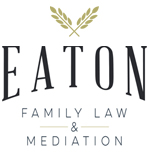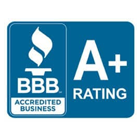ABOUT EATON FAMILY LAW & MEDIATION, LLC
At Eaton Family Law & Mediation, LLC, we are committed to guiding our clients’ transitions through challenging periods of their lives. From consultation to mediation to representation in a courtroom, we offer the expertise and care that is necessary to achieve the best outcome.
PRACTICE AREAS
CONTACT US
EATON FAMILY LAW & MEDIATION, LLC
21790 Willamette Drive
PO BOX 446
West Linn, OR 97068














